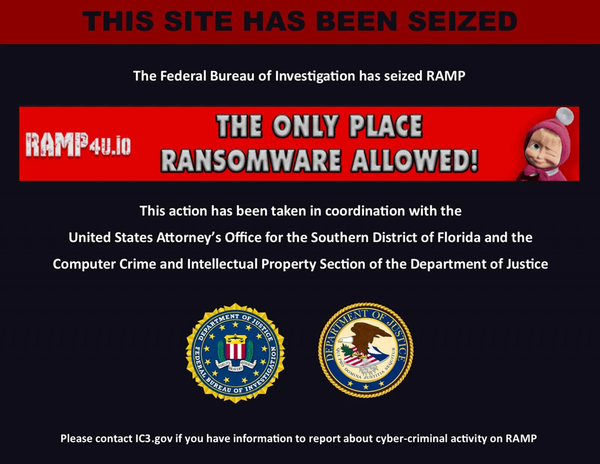Trump cyber EO reverses some parts of Biden, Obama orders
Starlink endangers WH security, Nigeria convicts Chinese cybercriminals, US sentences Nigerian hacker, ICE arrests Oz hacker, Italy ends contract with spyware company Paragon, Supreme Ct. gives DOGE our social security data, BADBOX 2.0 infects 1m+ devices, EU issues cyber blueprint, much more





